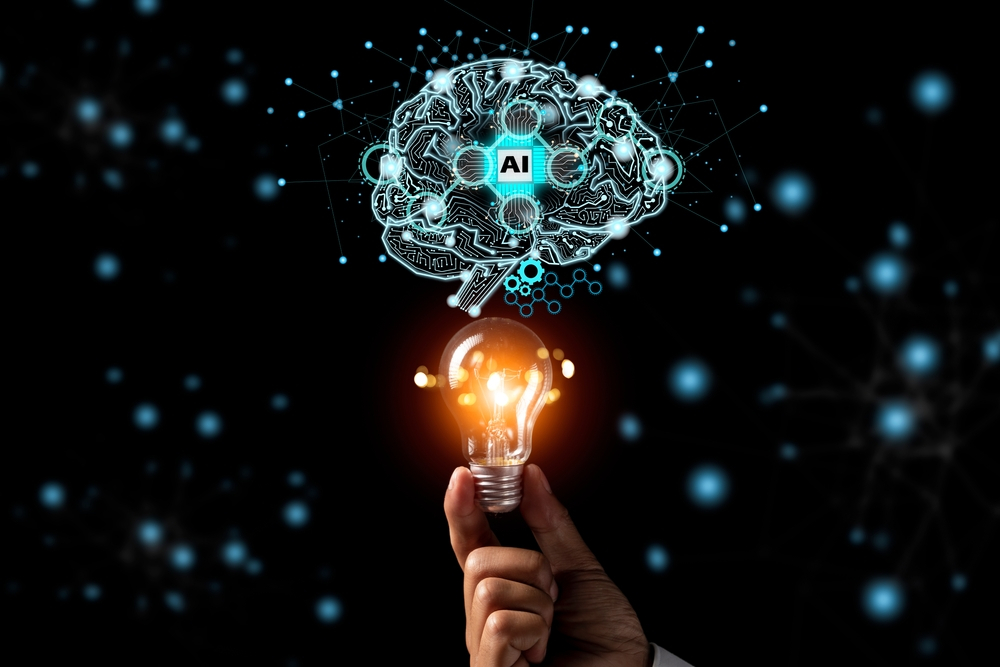Highlights:
- Customers who subscribe to ChatGPT’s premium tiers can now build customized iterations of the chatbot, which OpenAI dubbed GPTs.
- A business that joins the project can request that OpenAI researchers create a version of GPT-4 that is optimized specifically for their needs.
OpenAI LP is introducing a new tool that empowers users to tailor ChatGPT for specific tasks without coding.
This tool was unveiled during the company’s inaugural DevDay developer conference, hosted recently in San Francisco. During the event, OpenAI also presented an upgraded edition of the GPT-4 language model, which serves as the foundation for ChatGPT. Apart from advancing language models, the company is expanding its suite of services to include image generation and speech generation capabilities for developers.
User-created GPTs
Customers who subscribe to ChatGPT’s premium tiers can now build customized iterations of the chatbot, which OpenAI dubbed GPTs. For instance, a company’s help desk team could craft a GPT tailored to address the most frequently asked technical support queries from employees. E-commerce businesses can develop ChatGPT variants that offer potential customers product information and details about shipping options.
OpenAI emphasizes that the creation of GPTs doesn’t require any coding. Users can achieve this customization by inputting natural language instructions that describe the desired changes to ChatGPT. Users also have the option to include a dataset that their personalized chatbot can reference when generating responses to prompts.
Customers with more advanced needs will be able to integrate their customized GPTs with third-party services through the respective APIs of those services. A customized ChatGPT version, for instance, can access data from external databases to respond to queries that it cannot handle with its default capabilities. GPTs can also utilize APIs to carry out actions within third-party applications.
The capability to generate personalized versions of ChatGPT will be introduced soon. In December, OpenAI is set to unveil the GPT Store, a platform that will permit users to share their personalized chatbots with the public. In the future, OpenAI also aims to enable users to monetize their GPT creations.
OpenAI is introducing a Custom Models program to cater to organizations needing more customization. A company that joins the project can request that OpenAI researchers create a version of GPT-4 explicitly optimized for their needs. In a blog post, OpenAI wrote about it, “This includes modifying every step of the model training process, from doing additional domain-specific pre-training to running a custom RL post-training process tailored for the specific domain.”
Each unique version of GPT-4 created within the program will exclusively belong to the customer who initiated its development. Furthermore, OpenAI has committed not to disclose any proprietary data that it obtains as a part of these projects.
GPT-4 Turbo
OpenAI is launching these new customization features in conjunction with an upgraded version of GPT-4. The latest iteration, GPT-4 Turbo, will be accessible to developers via OpenAI’s language model APIs.
GPT-4 Turbo demonstrates a higher level of reliability in following user instructions than its predecessor. Moreover, it increases the data capacity for a single prompt by fourfold, enabling users to input up to the equivalent of 300 pages of data with each request.
Beneath the surface, OpenAI has implemented performance optimizations that enable ChatGPT-4 Turbo to handle prompts with greater efficiency, requiring fewer hardware resources. This optimization in infrastructure requirements has resulted in a reduction of the company’s API pricing. Prompting GPT-4 Turbo now costs one-third of the price compared to the original GPT-4, and output pricing has been reduced by half.
OpenAI is also introducing several specialized features to enhance the capabilities of GPT-4 Turbo. OpenAI is introducing a Turbo version of ChatGPT-3.5, which, while offering a more limited feature set, comes at a significantly lower cost. In addition, OpenAI is introducing an Assistants API, which merges their large language models with features aimed at simplifying the development of applications with integrated chatbots.
Whisper and DALL-E 3
OpenAI’s DevDay conference wasn’t solely centered on its large language models. The company also unveiled a new iteration of Whisper, its open-source speech recognition model. OpenAI’s latest release offers improved support for languages beyond English.
The company also intended to provide developers access to its latest DALL-E 3 image generation model through an API. Previously, access to this model was limited to users of the paid versions of ChatGPT. DALL-E 3, the third iteration of an image generator introduced by OpenAI in 2021, demonstrates a significant improvement in accurately following user instructions compared to its predecessors.











